Noting that the inspector failed to give a convincing explanation for carrying the substances, Salehi added “Generally, inspectors enjoy diplomatic immunity as ambassadors do while on a mission, and such issues have been stipulated in international laws and regulations."
“For example, if an Iranian AEOI inspector faces an issue in another country, he or she will enjoy diplomatic immunity,” Iran Frontpage quoted Salehi as saying.
“Of course, IAEA inspectors must be checked when they enter Iranian sites. This is naturally done while inspecting nuclear facilities all around the world, and this law is not only related to Iran,” he said.
“During the check that was run by machines, one of the inspectors found to be carrying suspicious materials,” he added.
“When she was asked about it, she failed to give convincing and acceptable answers,” he said.
“At the end, all the events were documented and filmed, but we could not keep the inspector as she had diplomatic immunity,” Salehi added.
He said Iran has sent a written objection to the IAEA in that regard and announced the country will follow up on the issue.
He said the inspectors carrying suspicious materials is seen by Iran as a move in connection with the malware Stuxnet.
“We have a site in Iran where we keep faulty machinery. And we buy many of the devices (spare parts) from abroad. But they sabotage these devices, so that we would face problems when operating our machinery,” he noted.
“They used the malware Stuxnet against us. They committed industrial sabotage against us and sold faulty equipment to us, but we were vigilant in that regard,” said Salehi.
Elsewhere in his remarks, he touched upon Iran’s enrichment activity.
He said enrichment work is underway at Fordow facility due to a breach of commitments by the European parties to the Iran nuclear deal known as the Joint Comprehensive Plan of Action (JCPOA).
“As long as they fail to live up to their obligations, we will continue enrichment at Fordow,” he said.
Salehi said Iran’s objective is to maintain the JCPOA.
In a statement on November 6, AEOI described why it prevented an IAEA inspector from entering Natanz nuclear facilities few days before. "The alarm at the entrance gate was activated when the IAEA inspector, a lady, was passing through,” the statement said, “Therefore, after having her checked, she was prevented from entering the site.”
The statement added that the case was reported to IAEA at the time, calling for the international body to cooperate on conducting the required investigations in this regard.
The inspector left Tehran for Vienna, the statement added.
MNA/PR


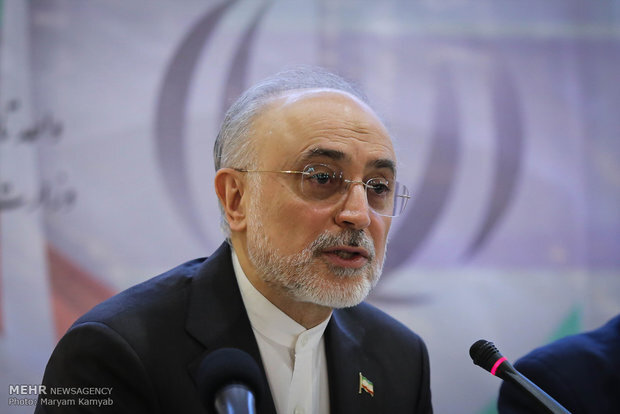

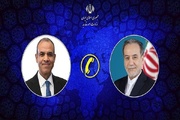
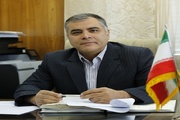
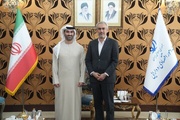
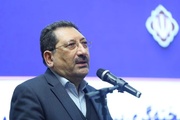
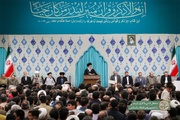
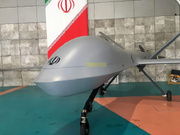
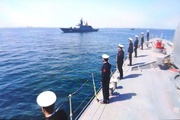
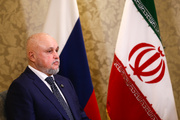












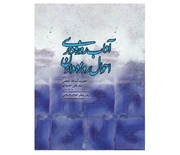

Your Comment